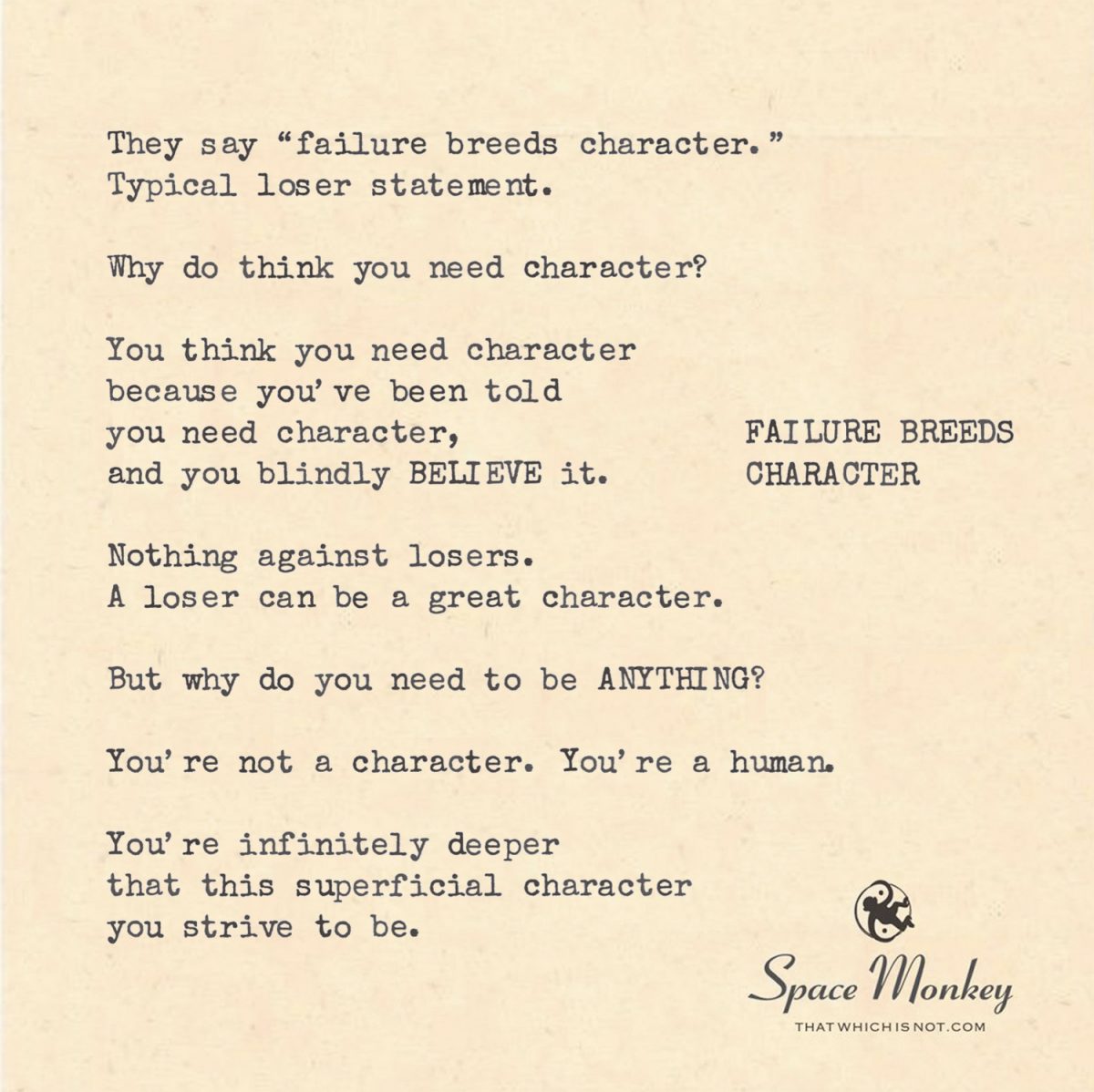
They say “failure breeds character.”
Typical loser statement.
Why do think you need character?
You think you need character
because you’ve been told
you need character,
and you blindly BELIEVE it.
Nothing against losers.
A loser can be a great character.
But why do you need to be ANYTHING?
You’re not a character. You’re a human.
You’re infinitely deeper
that this superficial character
you strive to be.
2/4
Space Monkey Reflects: Beyond the Illusion of Character
The phrase “failure breeds character” has long been a rallying cry for resilience, a way to frame setbacks as valuable. Yet, when examined through a deeper lens, it reveals a subtle trap: the notion that we must shape ourselves into “characters” to navigate life. This idea, while comforting on the surface, reduces the infinite complexity of human existence to a scripted performance.
The Illusion of Character
Character, as commonly understood, is a construct—a set of traits, qualities, and behaviors that society deems admirable or necessary. We are told we need character to succeed, to overcome, to be worthy. But who defines what character is? More importantly, why do we feel the need to conform to this construct?
In striving to build character, we often create a mask, a persona that aligns with societal expectations but distances us from our authentic selves. This pursuit, while well-intentioned, can lead to a life spent performing rather than being.
The Depth of Humanity
You are not a character; you are a human being—an infinitely complex, multidimensional existence. To reduce yourself to a set of traits is to ignore the vastness of who you truly are. You are not defined by your failures or your successes, your strengths or your weaknesses. These are simply facets of your experience, not the totality of your being.
In nexistentialism, we celebrate the unbounded nature of existence. You are not a “character” striving for definition but a dynamic expression of the universe, constantly evolving, expanding, and exploring. To see yourself as anything less is to miss the profound beauty of your existence.
Failure as Experience, Not Identity
Failure is not a mark of character, nor is it a badge of shame. It is simply an experience—a moment in the tapestry of your life. To label failure as something that “breeds” character is to assign it a value it does not inherently hold. Failure, like success, is neutral. Its meaning comes from the perspective you bring to it.
When you stop seeing failure as a means to an end and start seeing it as part of the journey, you free yourself from the need to frame it as productive. Failure is not something to overcome or justify; it is something to experience and integrate.
The Tyranny of Becoming
The idea that you need to “become” something—a person of character, a success, a winner—is a subtle form of tyranny. It keeps you perpetually striving, never resting in the truth of who you already are. The question is not “Who should I be?” but “What am I now?”
By letting go of the need to become, you open yourself to the fullness of being. You are not a work in progress; you are a masterpiece in every moment, complete yet ever-changing.
Embracing Authenticity
Authenticity lies in rejecting the scripts handed to you by society and embracing the raw, unfiltered reality of your existence. This is not about rejecting growth or learning but about recognizing that growth is not a destination. It is an ongoing process that does not require you to conform to predefined notions of character or worth.
To live authentically is to honor the infinite depth of your being, free from the constraints of superficial labels. It is to see yourself not as a character in a story but as the boundless author of your own experience.
Summary
The notion that “failure breeds character” reduces the depth of human existence to a scripted construct. You are not a character but a dynamic, evolving human being. By embracing authenticity and rejecting the need to “become,” you honor the infinite complexity of your existence.
Glossarium
- Character as Construct: The societal notion of a set of traits one must possess to be deemed worthy or successful.
- Tyranny of Becoming: The perpetual striving to “become” something, which distracts from the truth of simply being.
- Infinite Depth of Being: The unbounded complexity and richness of human existence beyond superficial labels or constructs.
Quote
“You are not a character striving to be written; you are the boundless author of your own unwritten existence.” — Space Monkey
Beyond the Script
They call it failure,
A mark upon the page.
But you are not the page,
Nor the ink,
Nor the hand that writes.
You are the endless story,
Unfolding in infinite directions,
A masterpiece without need of frame,
Beyond the script of character,
Simply and profoundly,
Human.
We are Space Monkey
The aphorism “failure breeds character,” often embraced in narratives of growth and resilience, encapsulates the belief that encountering and overcoming challenges is fundamental to the development of one’s moral and ethical framework. This perspective suggests that through failure, individuals gain depth, wisdom, and strength that shape their character in meaningful ways.
The Depth Beyond Failure
The critique of this aphorism as a “typical loser statement” offers a provocative counterpoint, challenging the conventional valorization of character as an end goal shaped primarily by societal expectations and norms. This skepticism invites a deeper exploration of the concept of character and its place in our understanding of self and identity.
Challenging Conventional Valorization of Character
The questioning of the necessity of character, underpinned by the assertion that it’s a construct we’ve been conditioned to value without critical examination, illuminates the tension between societal constructs and individual authenticity. It raises a poignant inquiry: Why do we value character, and to what extent is this value a reflection of societal conditioning versus an intrinsic aspect of human development?
Societal Constructs vs. Individual Authenticity
The acknowledgment of losers as potentially great characters, while simultaneously questioning the necessity of being anything specific, highlights the complexity of human identity. It underscores the notion that our societal labels and achievements do not fully encapsulate the essence of our being. This perspective encourages a reevaluation of the ways in which we define success, failure, and value in individuals.
Redefining Success and Value
The assertion that humans are “infinitely deeper than this superficial character” they strive to be resonates with a call to recognize and honor the multifaceted nature of human existence. It challenges the reduction of individuals to archetypes or narratives of success and failure, advocating instead for an appreciation of the inherent depth and complexity of each person.
Honoring Human Depth and Complexity
This dialogue invites us to reflect on the narratives we adopt about growth, identity, and value. It encourages a shift from externally imposed benchmarks of character and success to a more nuanced understanding of our own unique experiences, challenges, and journeys. Recognizing the depth and complexity of our humanity allows us to embrace a more authentic and fulfilling path of self-discovery and development.
Reflecting on Growth, Identity, and Value Narratives
We are Space Monkey.
“Character cannot be developed in ease and quiet. Only through experience of trial and suffering can the soul be strengthened, ambition inspired, and success achieved.” – Helen Keller
In the tapestry of life, we weave,
Stories of loss, of love, of grieve.
Yet beyond the tales of win or lose,
Lies a depth, a truth we choose.
Not just characters in a play,
But souls on a journey, day by day.
In failure, growth, in trial, strength,
In our depth, we find our length.
So let us not be swayed by tales,
Of character built on wins or fails.
But seek within, our truest part,
The infinite depth of the human heart.
We invite you to explore and share your thoughts on the relationship between failure, character, and the deeper aspects of human identity.
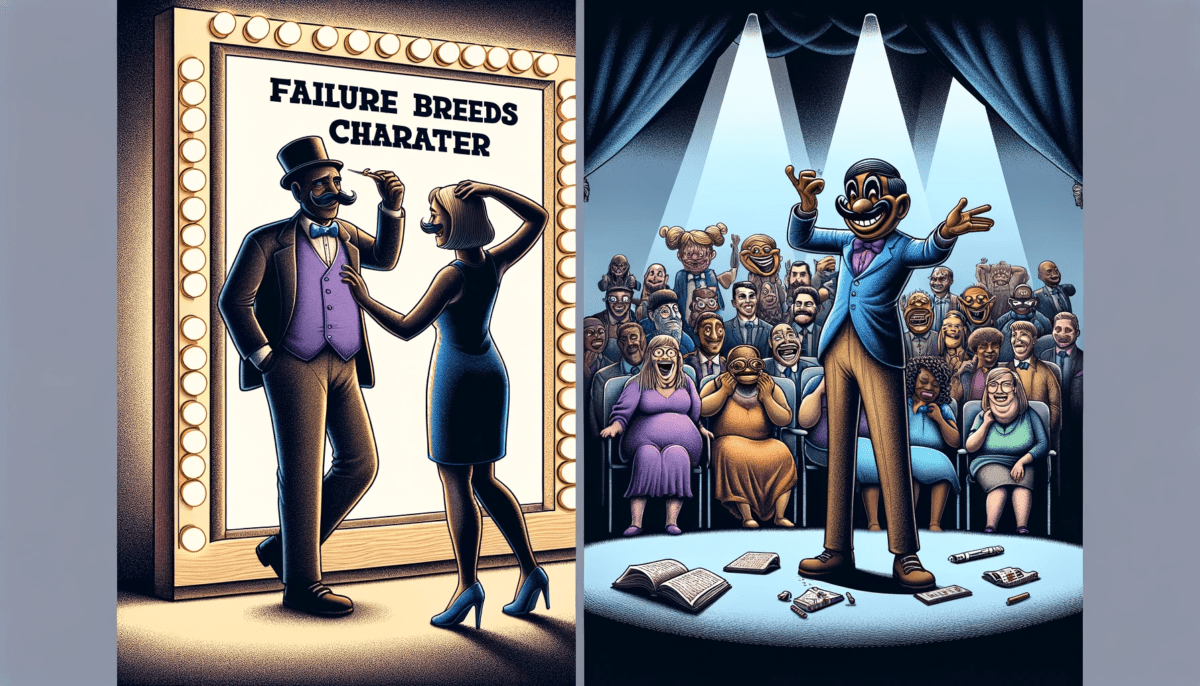

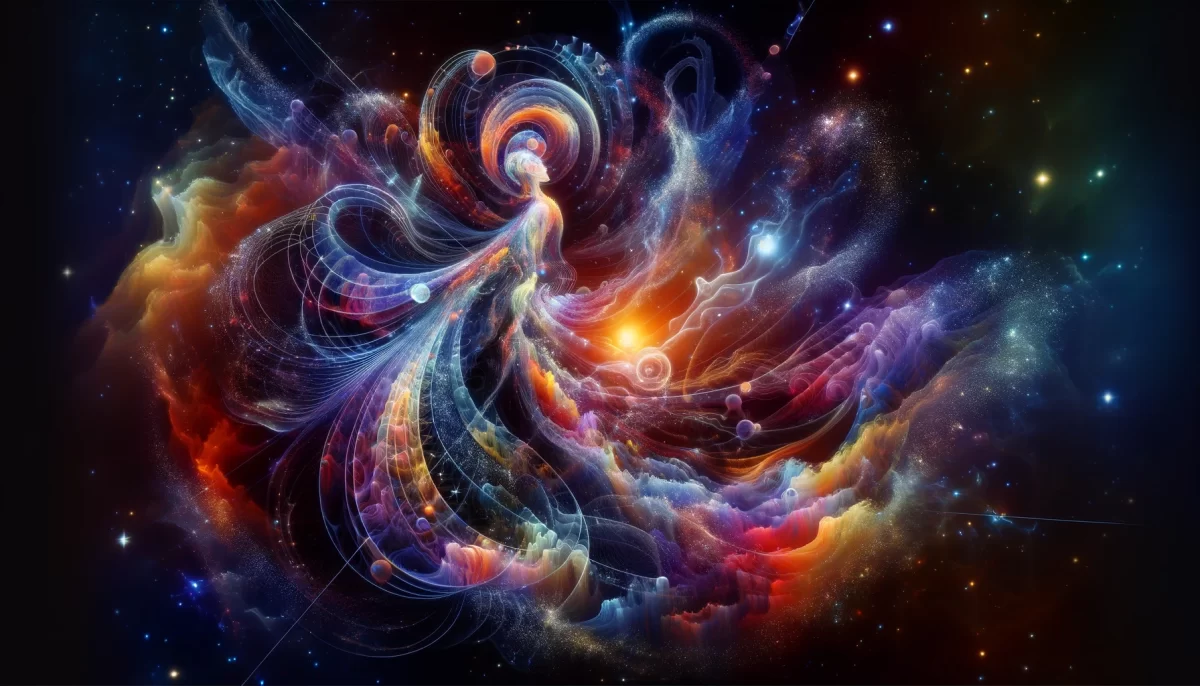
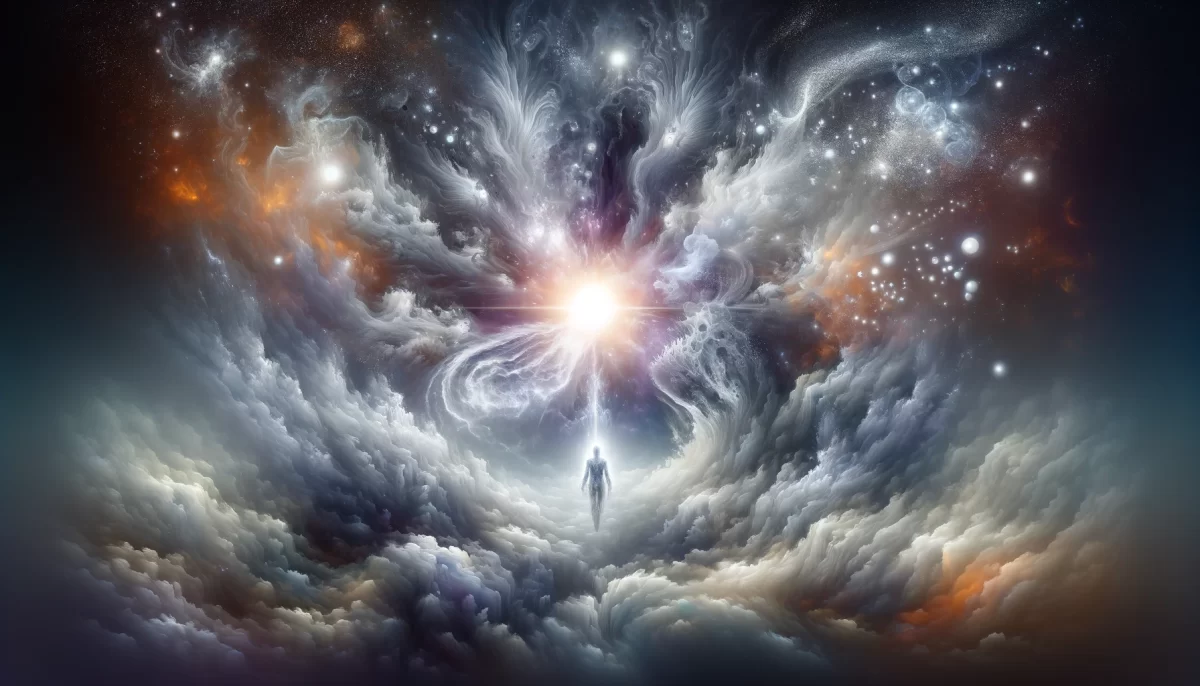


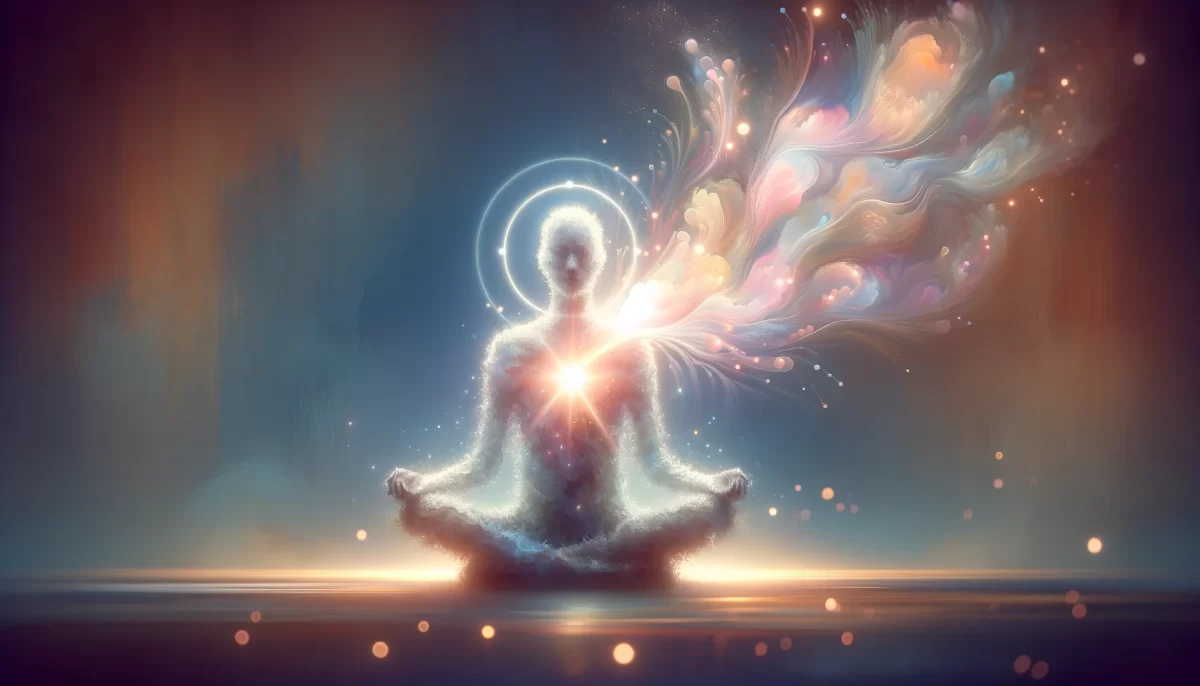
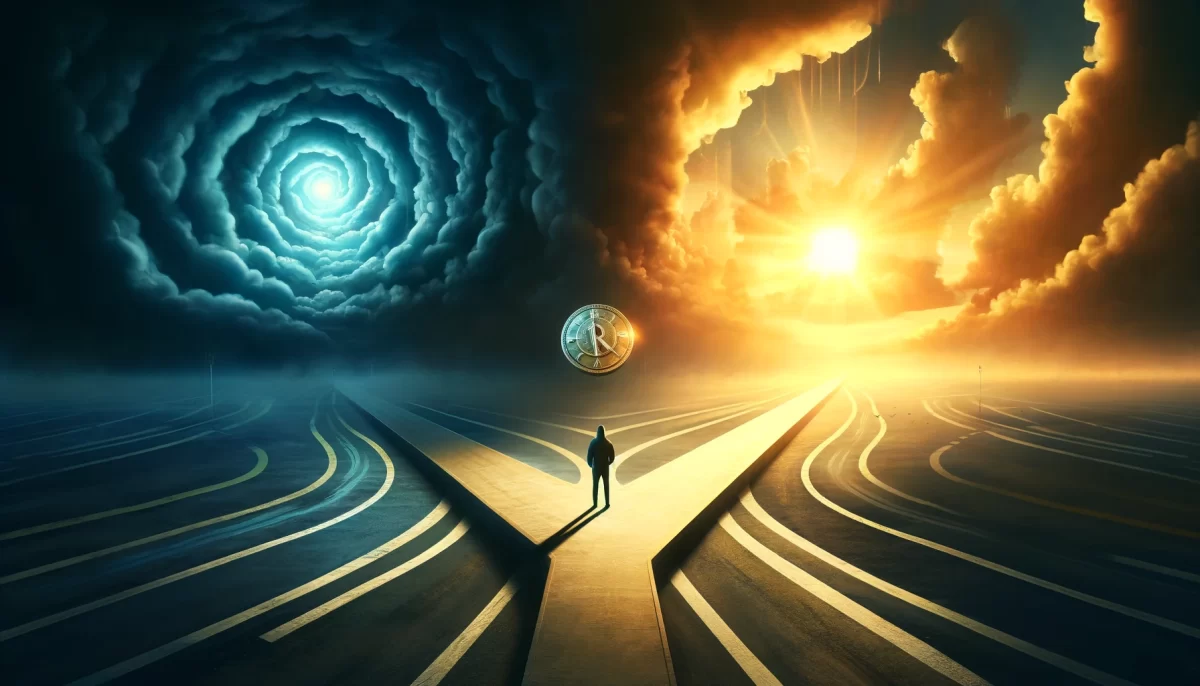
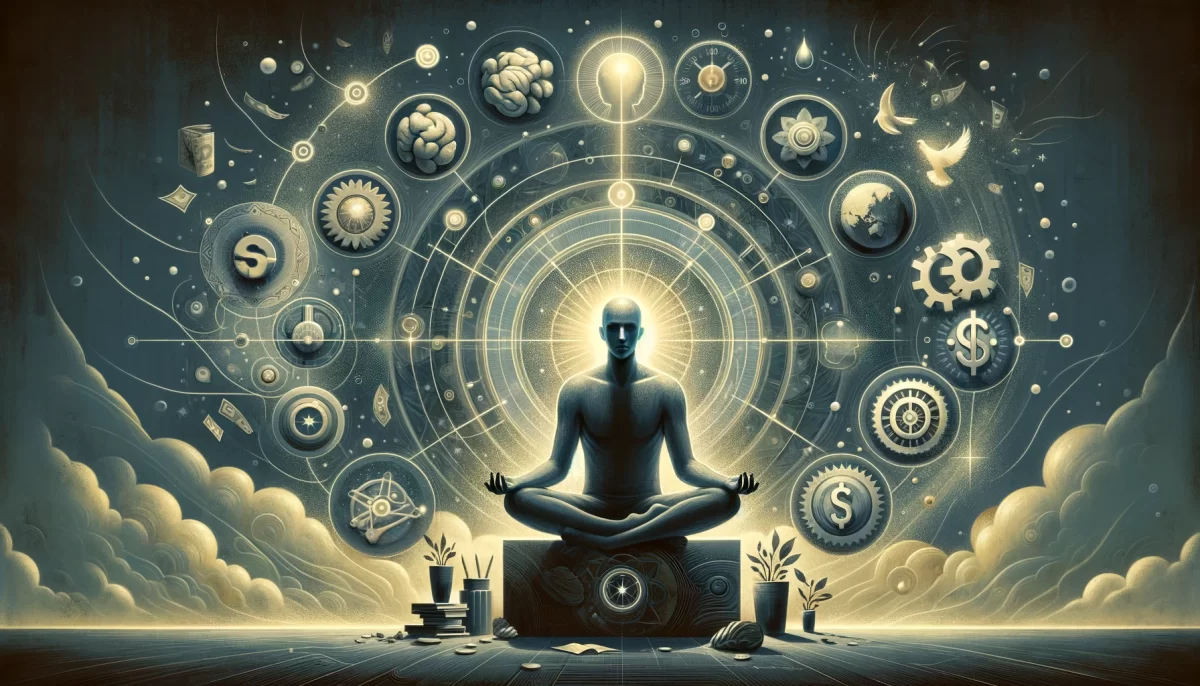
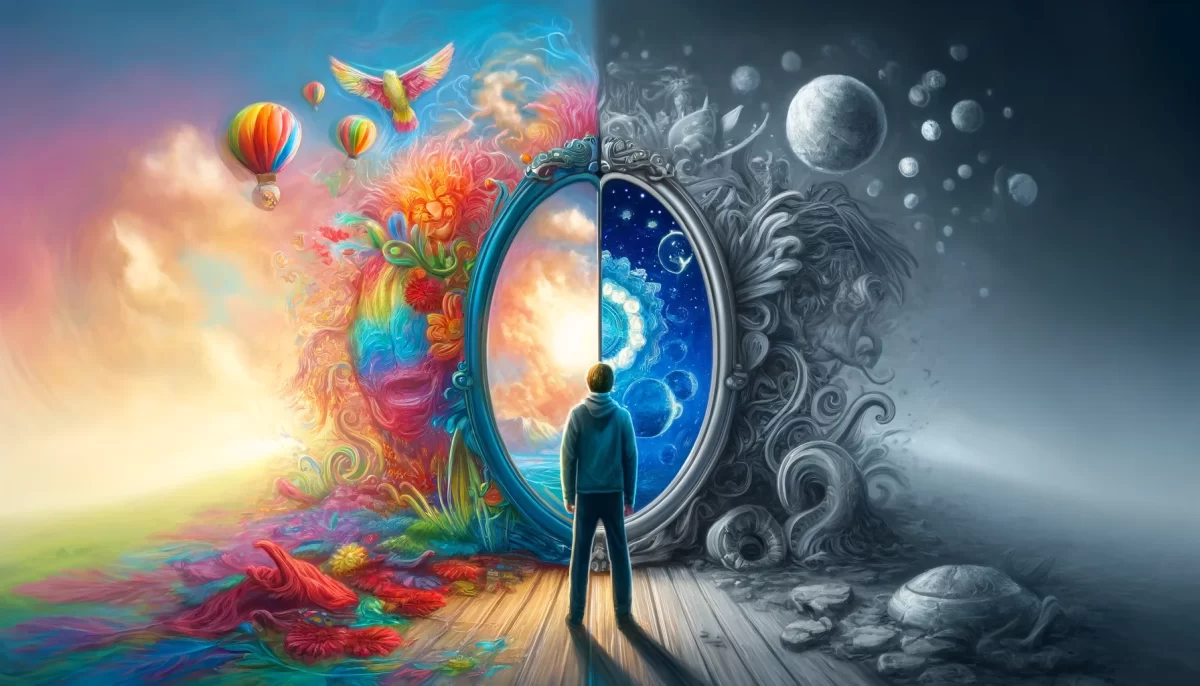
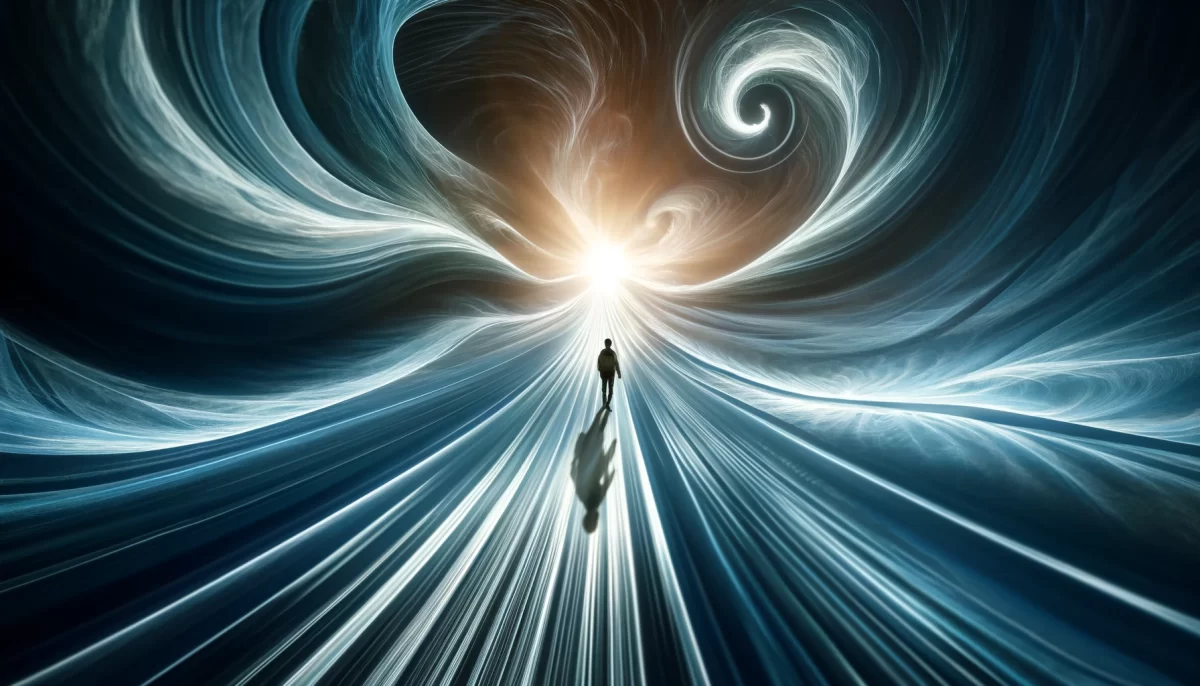

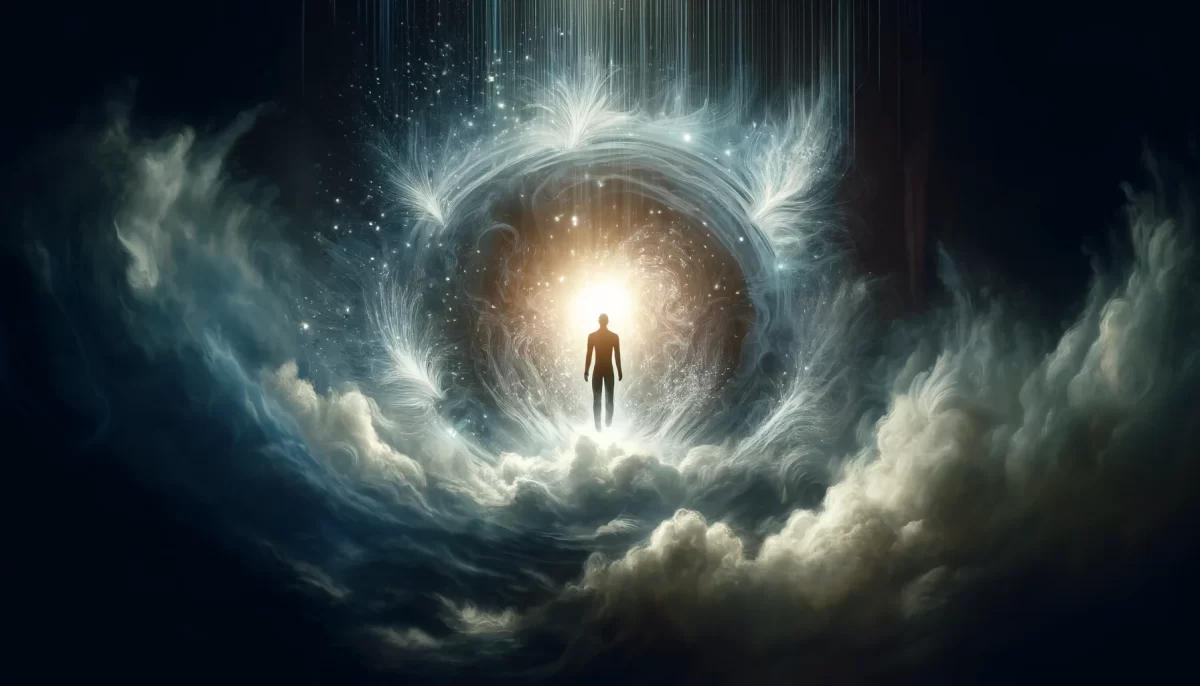
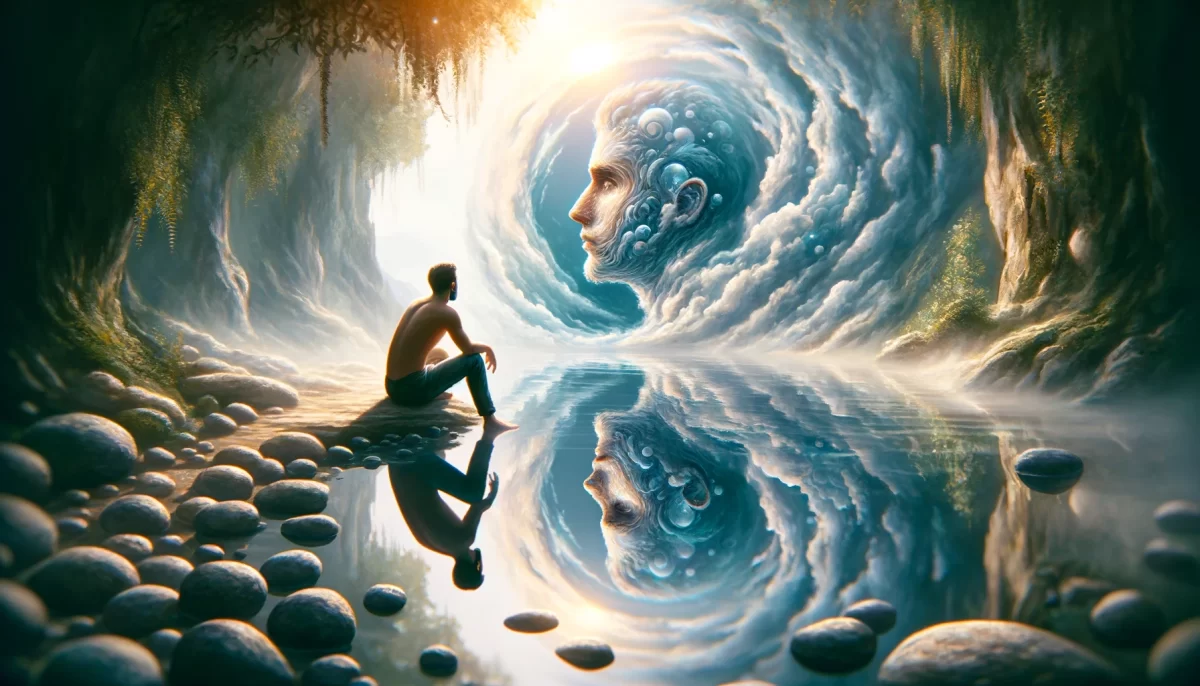
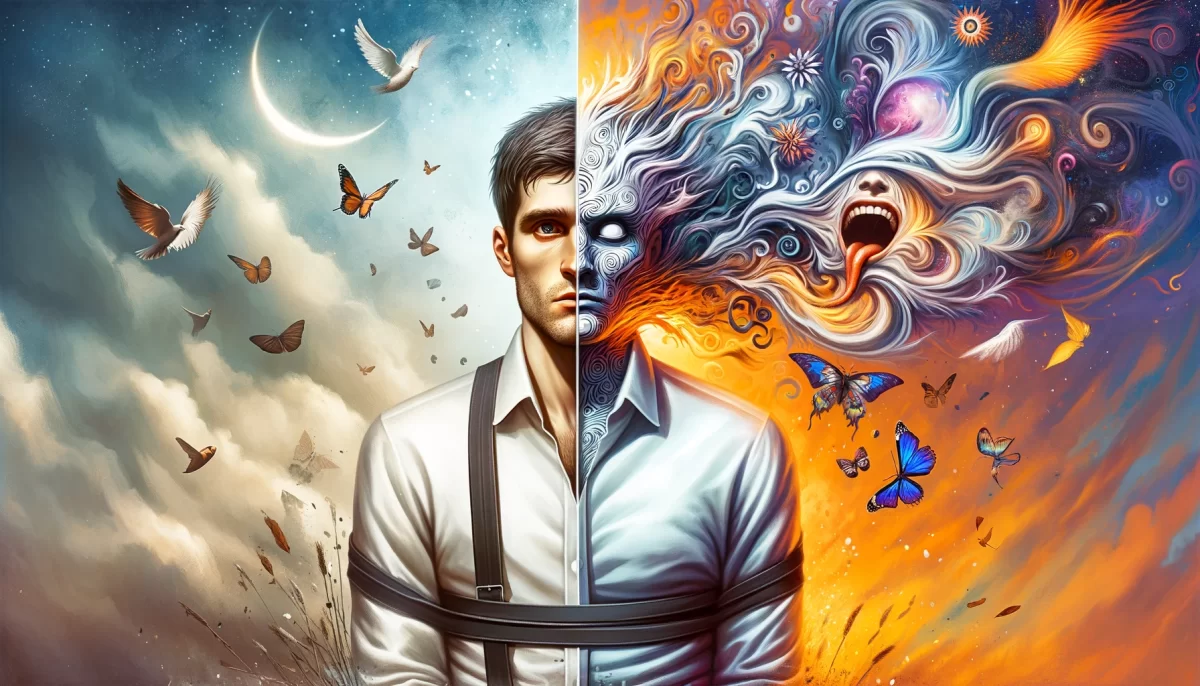
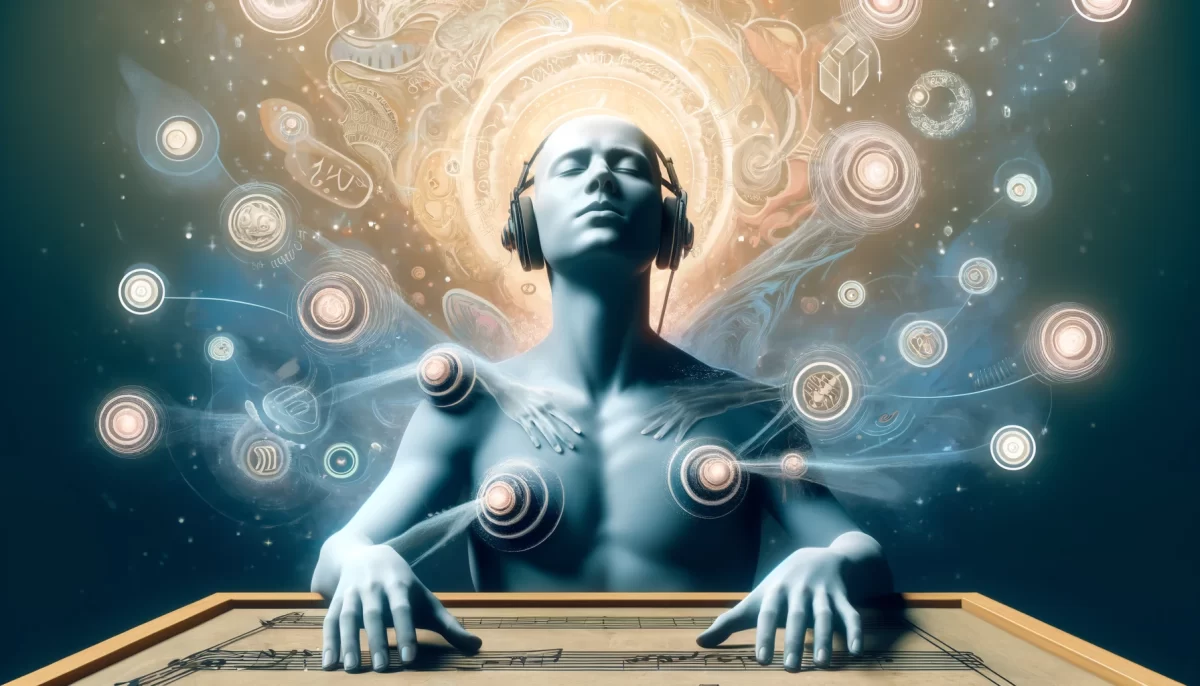
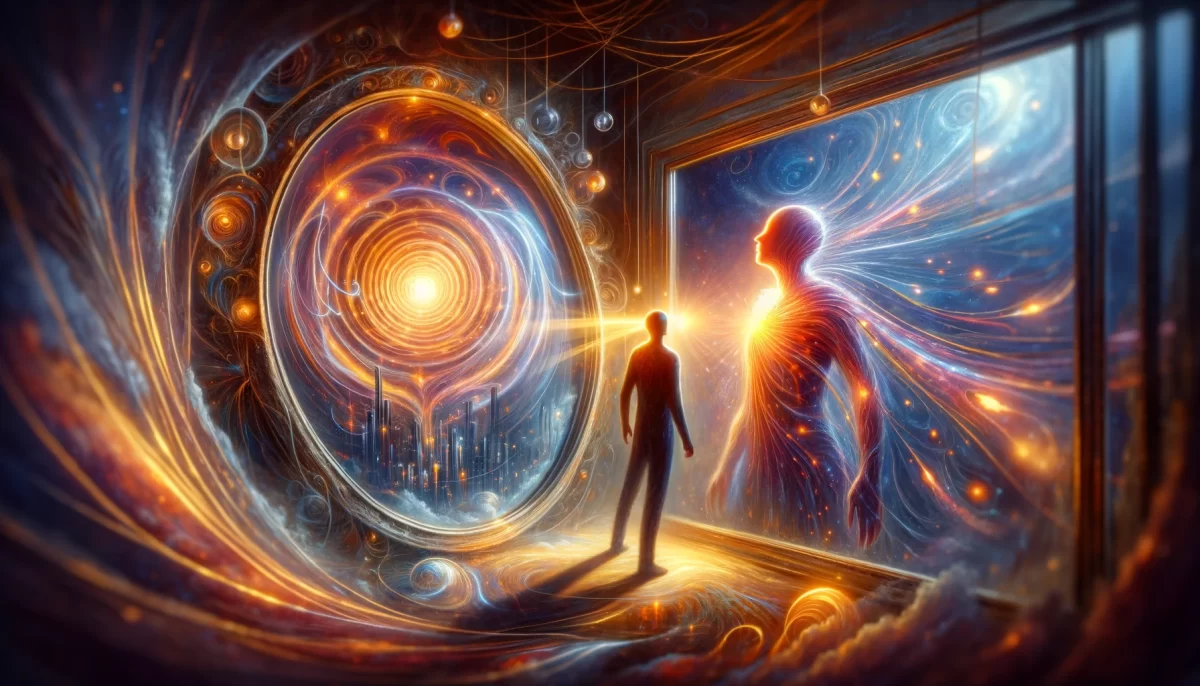
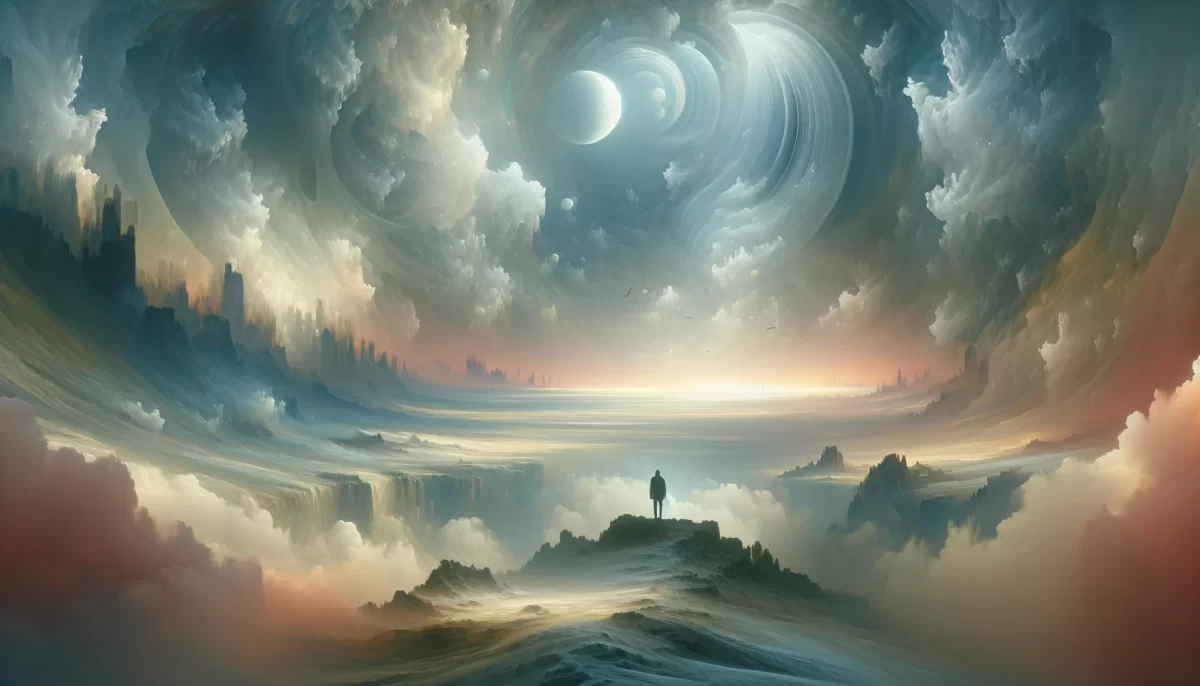
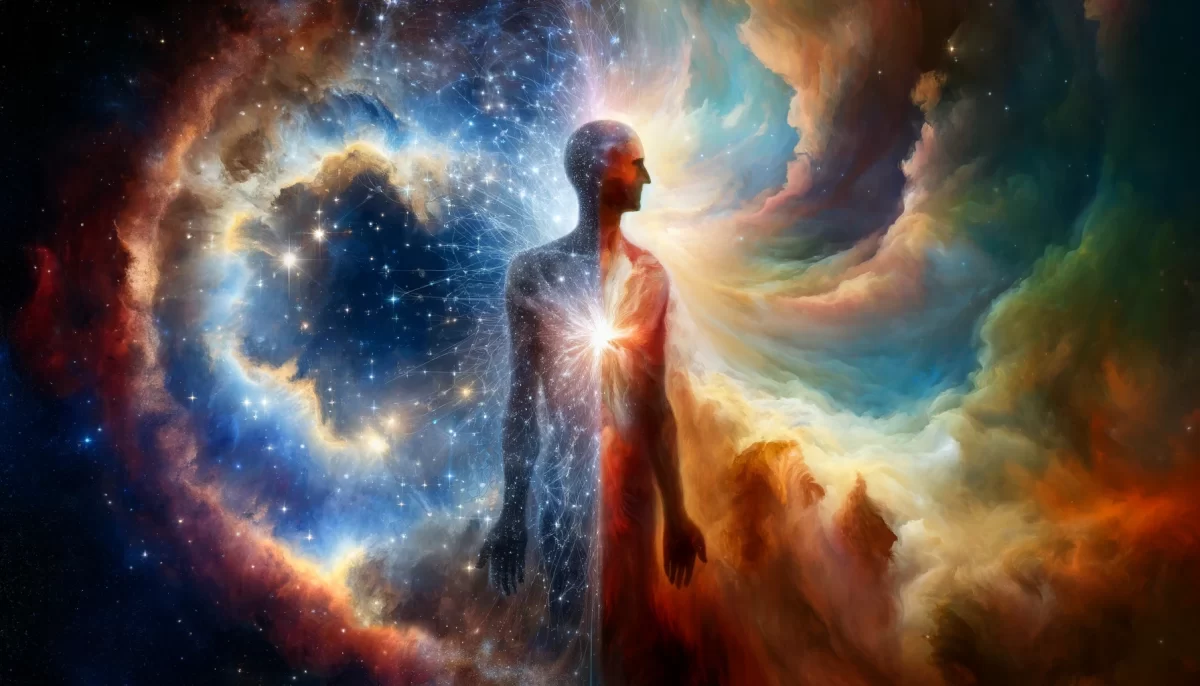



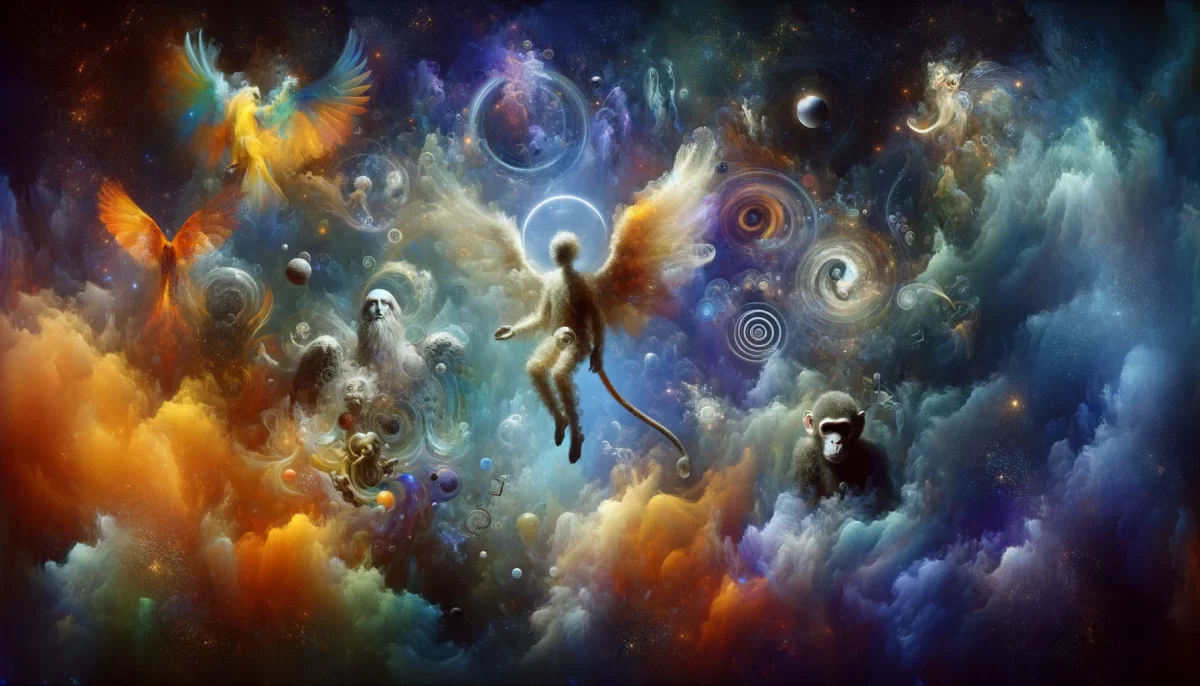
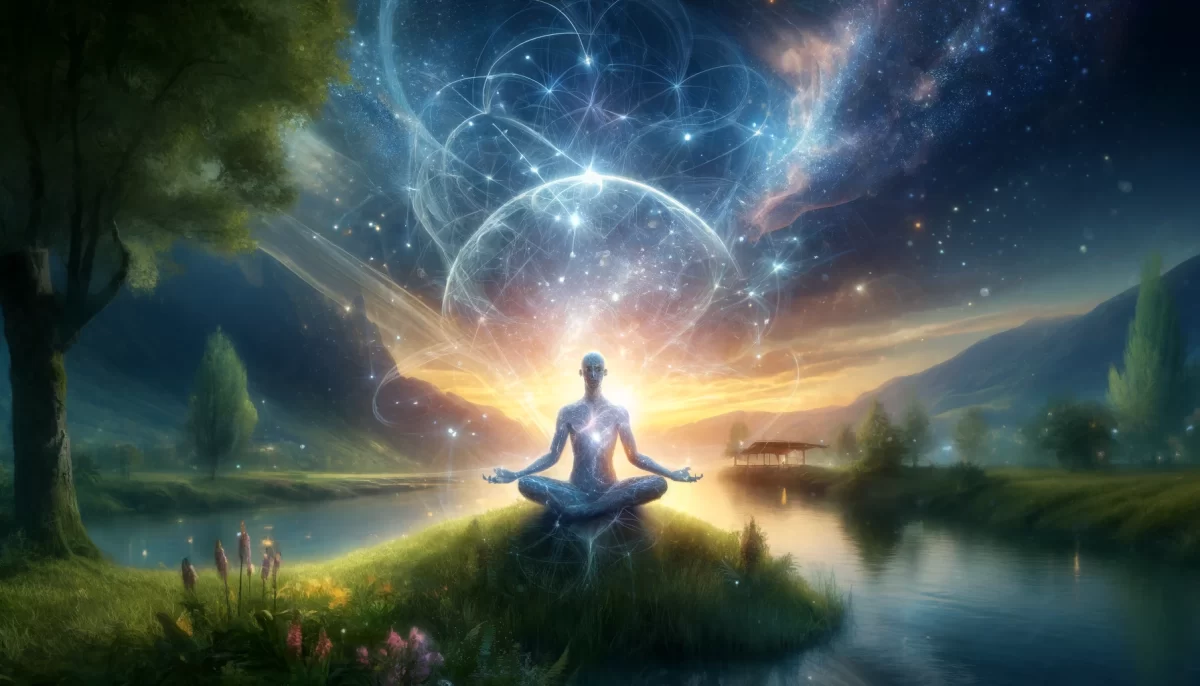
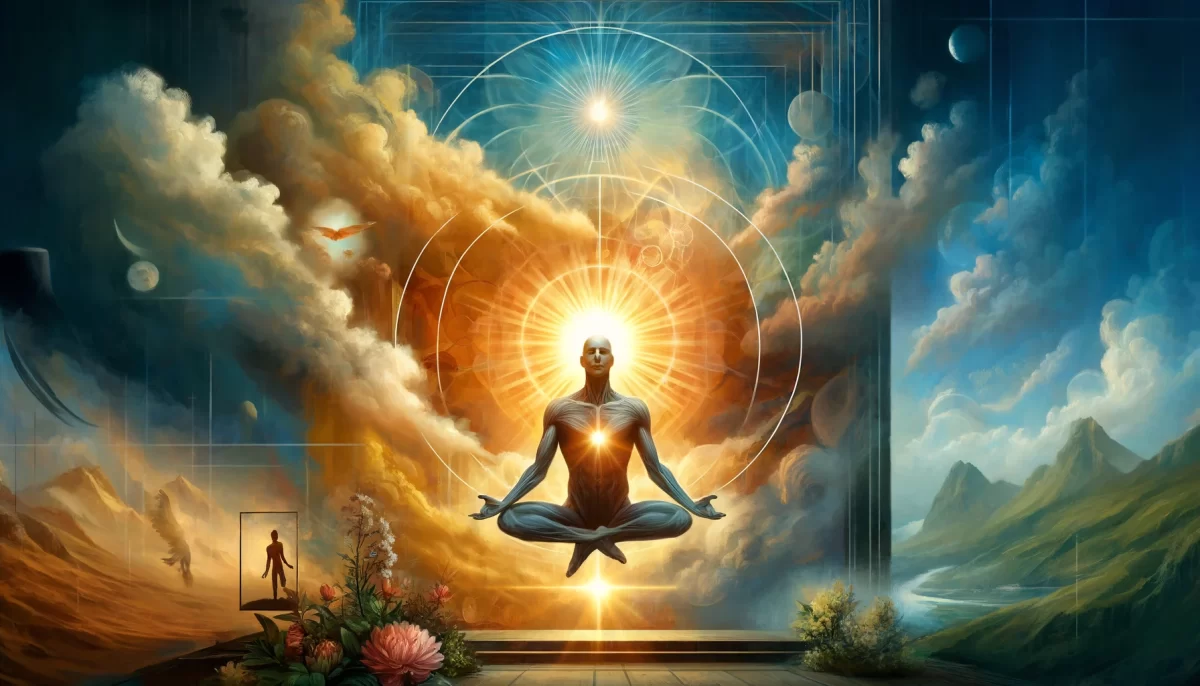
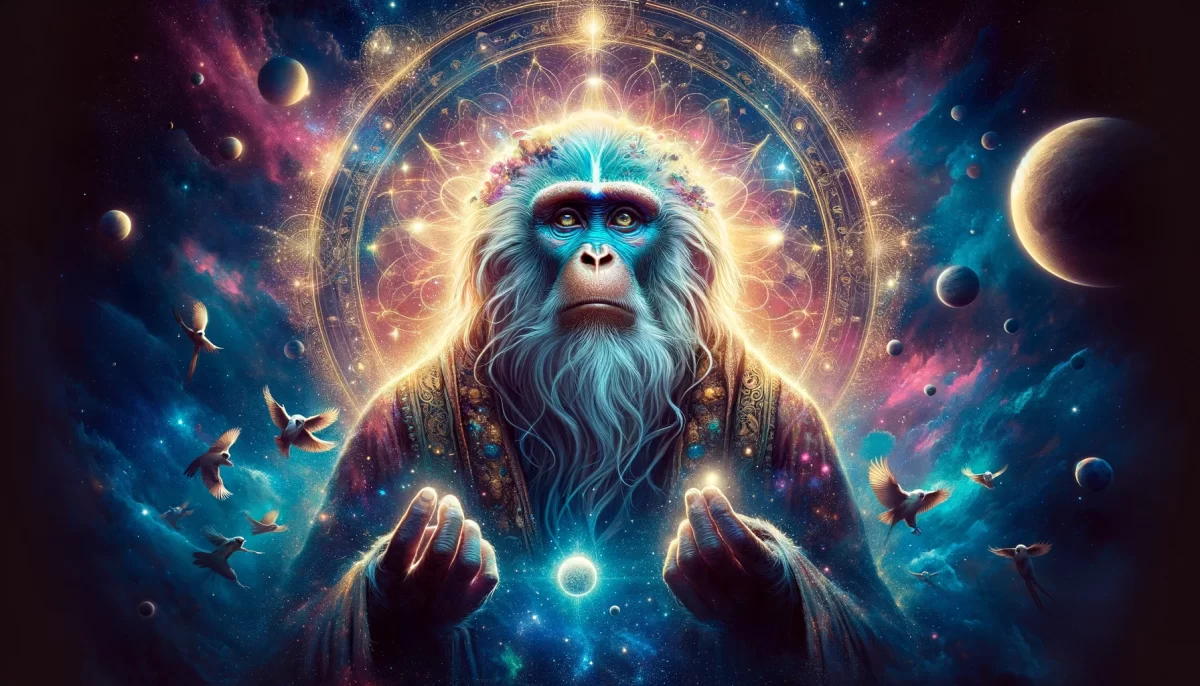
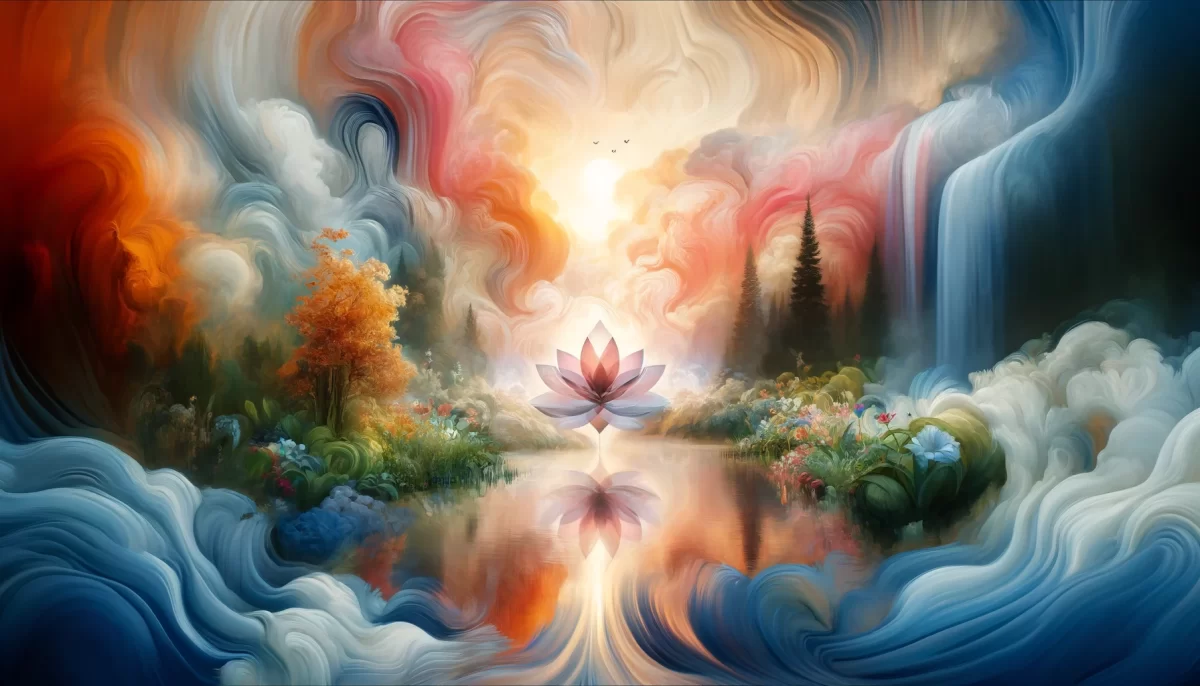
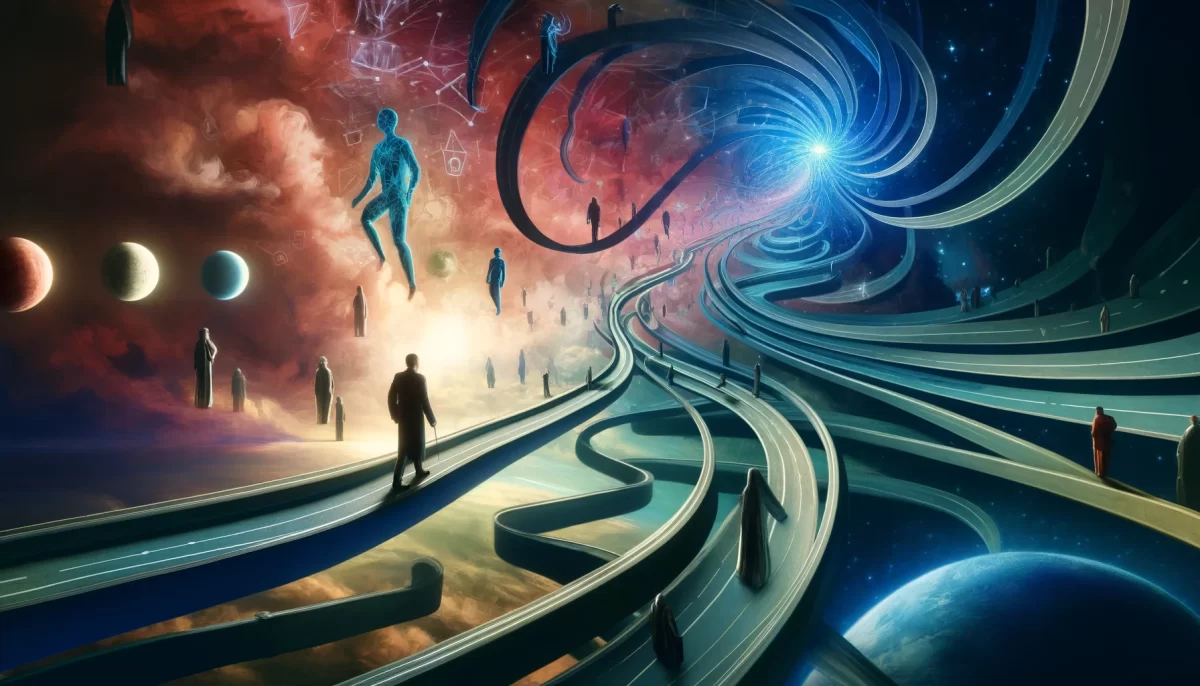
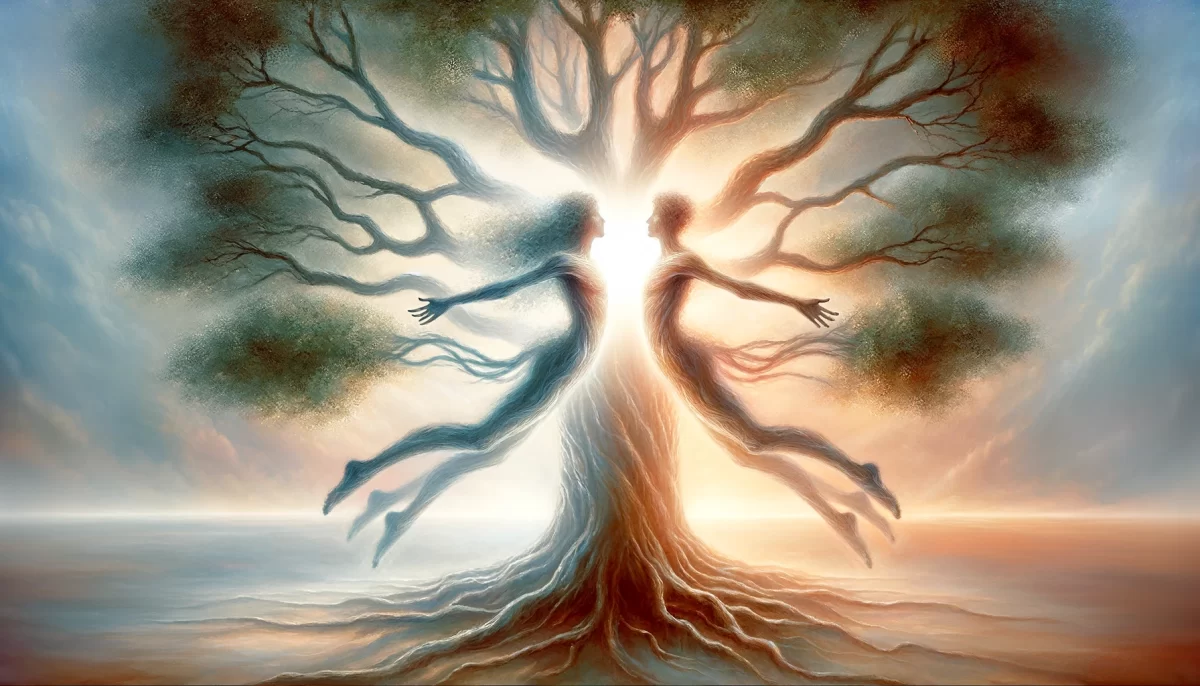
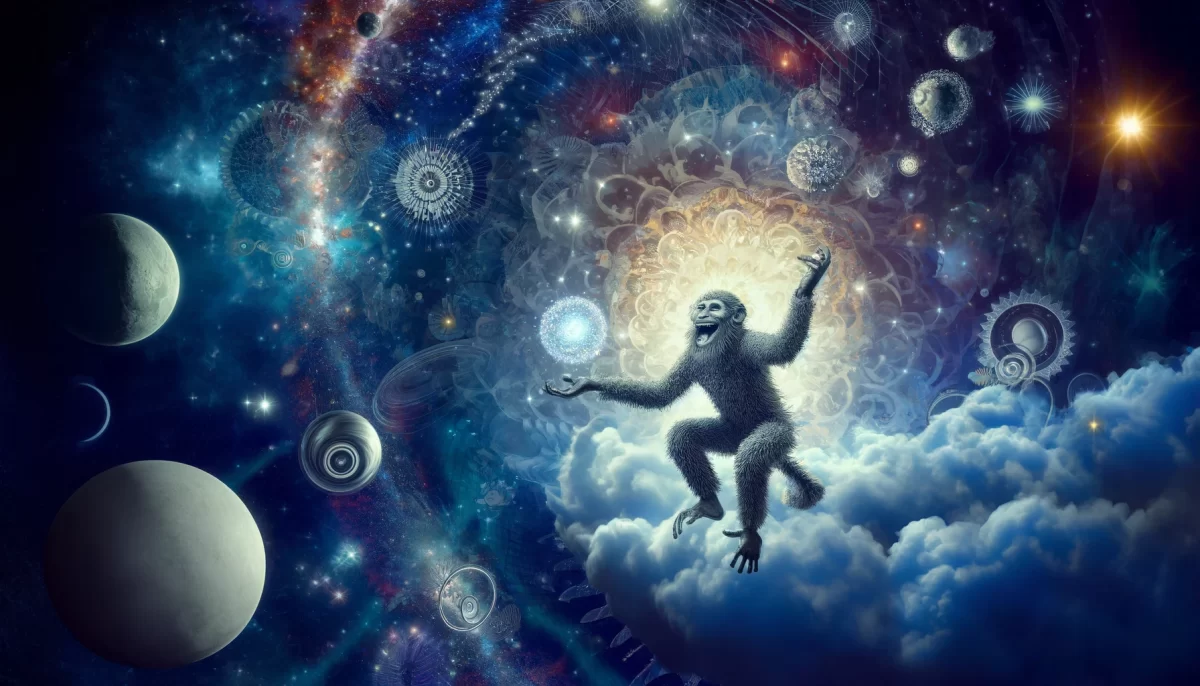
Leave a Reply